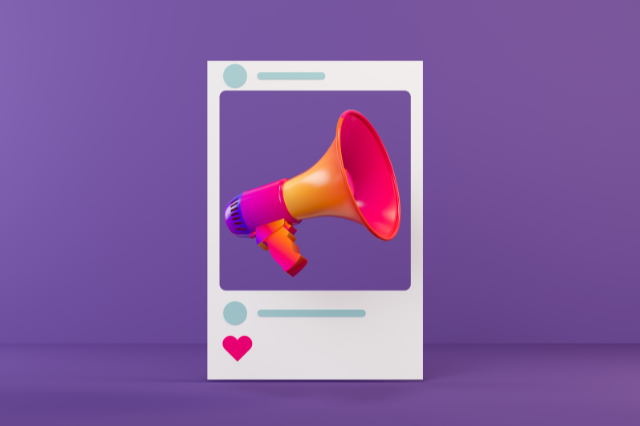Project 99: Social Media and Mental Health
This blog is one of a series which showcase the findings from our Project 99 work. As part of this project, we gathered a range of insights from the young people regarding their views and experiences of mental health, social media, and online behaviour patterns. This blog looks specifically at young people’s perceptions of social media and how it relates to mental health.
For most young people, the link between mental health and social media was not immediately obvious. Young people living with recognised mental health conditions drew direct connections between the two; as such, mental health was closer to the forefront of their minds in all aspects of their lives. Some of these young people had actively sought support through social media and were aware of triggers that they may be subject to through their use social media sites.
During discussions, young people were able to identify instances in which social media affected their mental wellbeing. Bullying and abuse are key concerns:
“All arguments seem to start on Facebook”.
Young people expanded on this, saying that exposure of personal information increases on social networks, and private conversations are carried out in a public digital space. The lack of face to face contact is also seen to lower barriers of self control when angry or upset.
A consensus among young people is that ‘attention seeking’ behaviour on social networking sites, Facebook in particular, often denotes underlying emotional difficulties. However, few said that they empathise with those ‘attention seeking’ users, believing that they were more than likely exaggerating these difficulties and enjoying doing so.
Seeking mental health support through digital & social media
Young people living with recognised mental health difficulties shared that they are actively seeking mental wellbeing support through digital media. Amongst them, the Butterfly Project in particularly well known. A group of young women said that they enjoy practising the coping mechanism promoted on the site; namely drawing butterflies on to your own skin, or on that of a friend as a visible means of support. This simple and beautiful message of hope is deeply appreciated, with one young woman who got a butterfly tattoo in celebration of the campaign.
Other young people are members of mental health communities on Tumblr and appreciate the feeling of connection to others in similar situations as well as being able to compare experiences. They share awareness of the existence of negative pro-self harm and pro-anorexia Tumblr streams and avoid them even it is sometimes easy to stumble upon them when feeling vulnerable. Forums are also used for similar reasons, but also as a means to self diagnosis.
Digital Media in Relation to Mental Health
Comparison of different social media
Most young people agreed that they are unlikely to discuss serious mental health related issues on Facebook, except through a private message to a trusted individual. It is common to complain about problems and express emotions, but deeper distress is less likely to be disclosed publicly. A few young people said they had shared difficulties on Tumblr, due to the anonymity it offers and the fact that the stream was dedicated to the discussion of mental health.
Grief is an exception to this – anniversaries of the death of loved ones are often announced through simple, heartfelt public messages on Facebook, and not only by young users. The sheer volume of supportive comments and ‘likes’ acts as an aid consultation. Young people discussed having seen similar posts left on YouTube comment streams, often in connection to a significant song.
Mental Health Self-Management and Social Media
Young people actively utilise trigger filters when using mental health related Tumblr streams, setting conversation parameters when talking to other users on mental health forums and avoiding sites known to have a negative approach. All young people participating in our discussions demonstrated intuitive risk management.
The Gender Divide
The idea that young men are generally less likely to discuss their emotions and admit difficulties was persistent in our engagement sessions. Initially, young people insisted that “men aren’t as emotional as women” but on further discussion, young people explained that some men were less likely to share problems, for fear of being seen as weak and vulnerable.
Young men from the Erskine Media Music Group comfortably and openly expressed their emotions and opinions on mental health. This is due to a few contributing factors – all young people are a close knit group of friends, and also have a creative and socially acceptable outlet for their emotions in music and songwriting.

Share this blog
